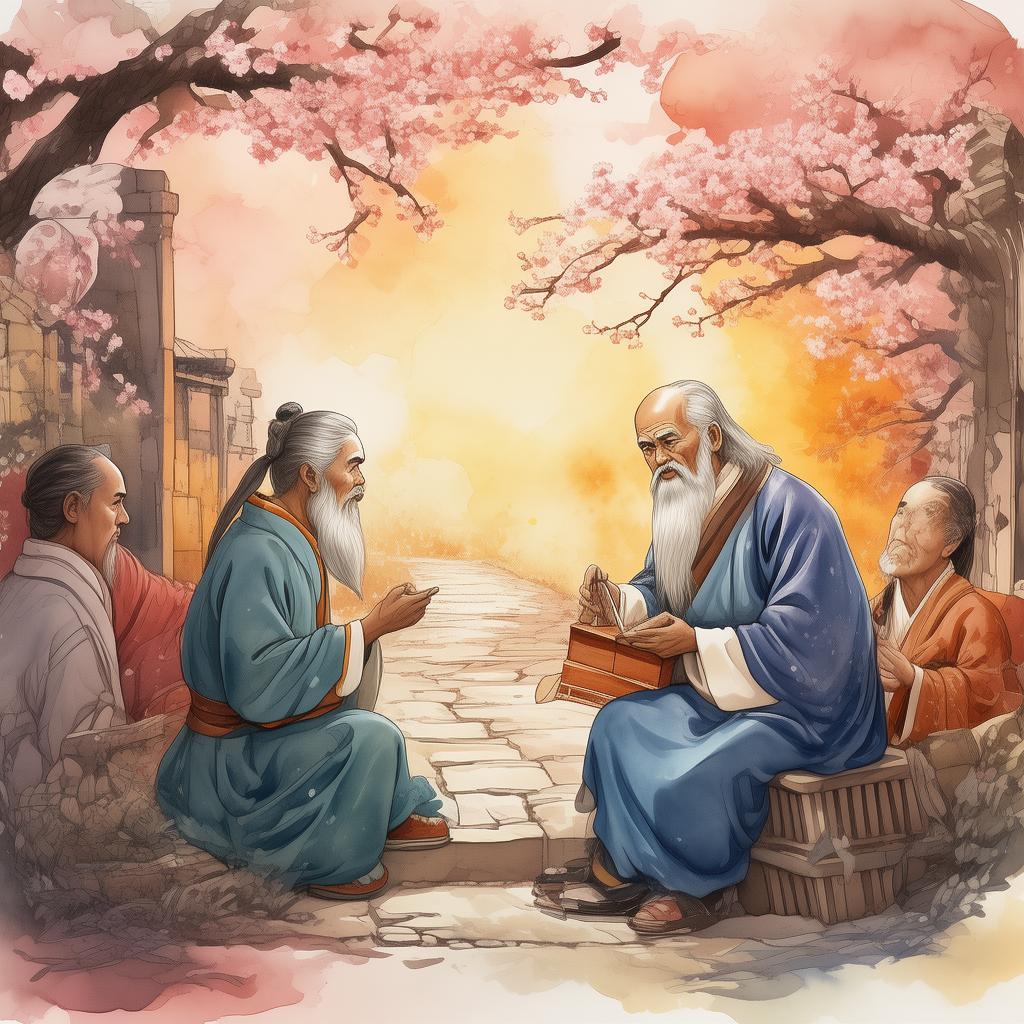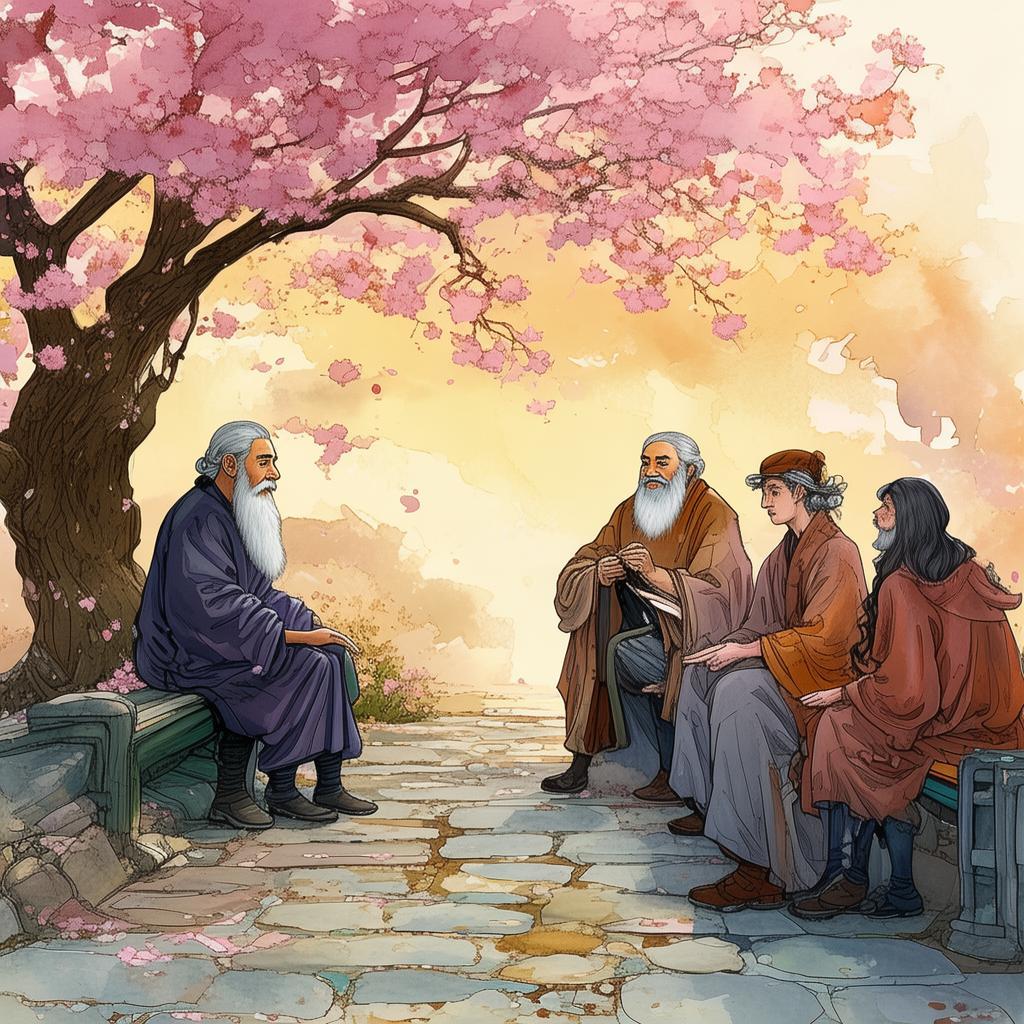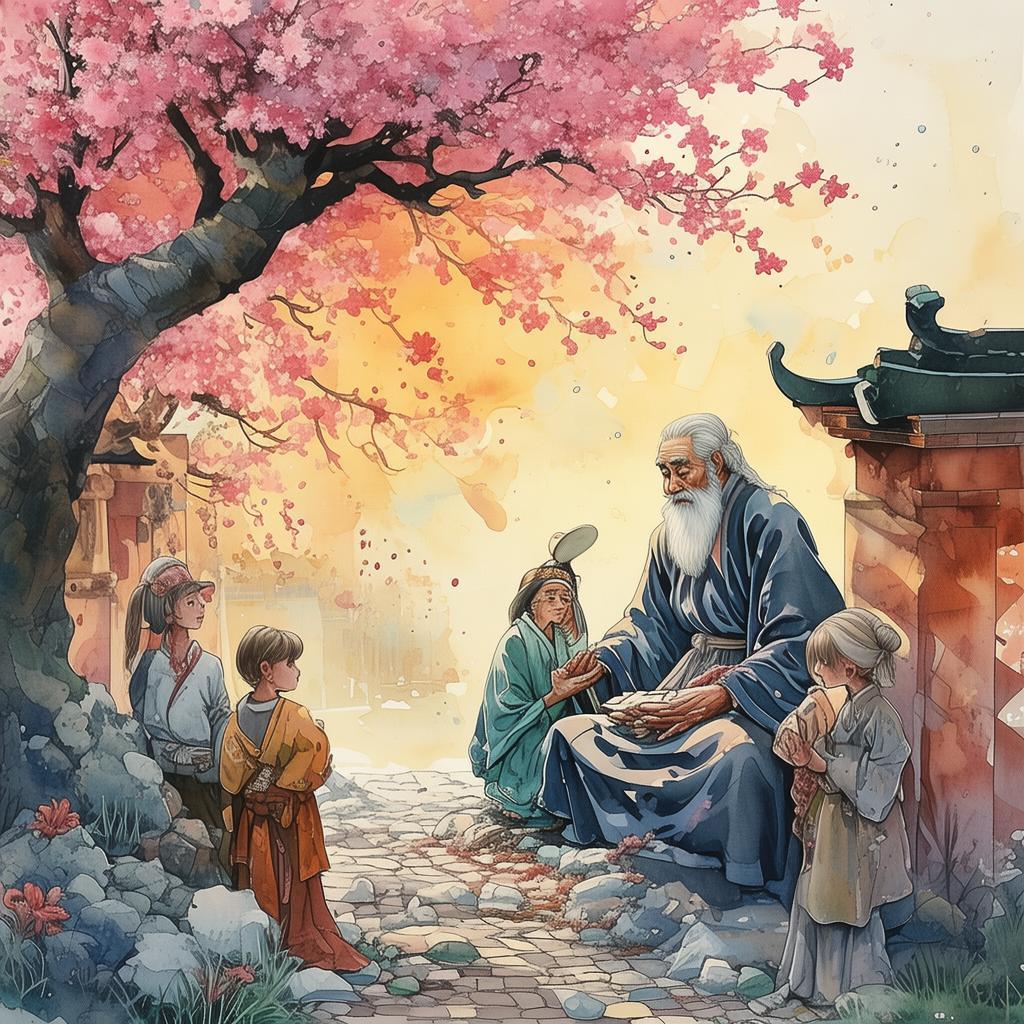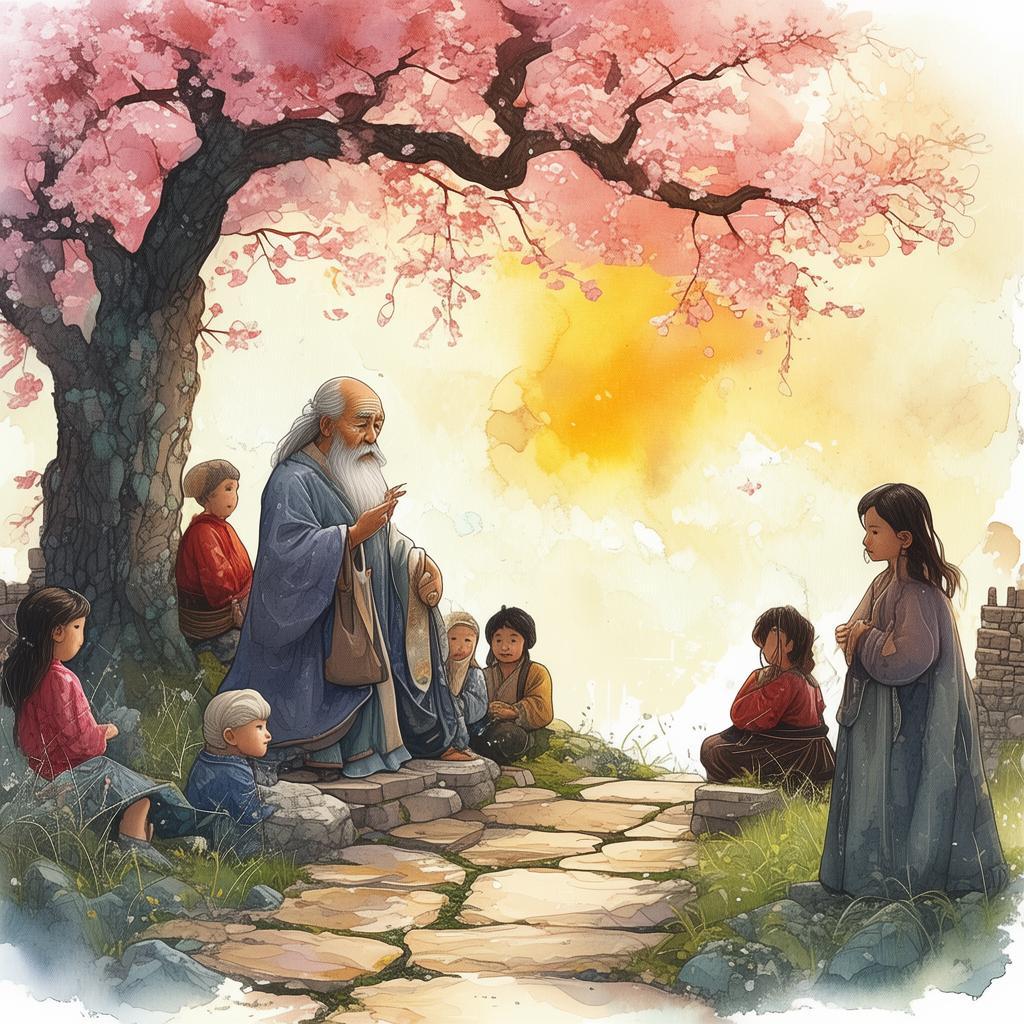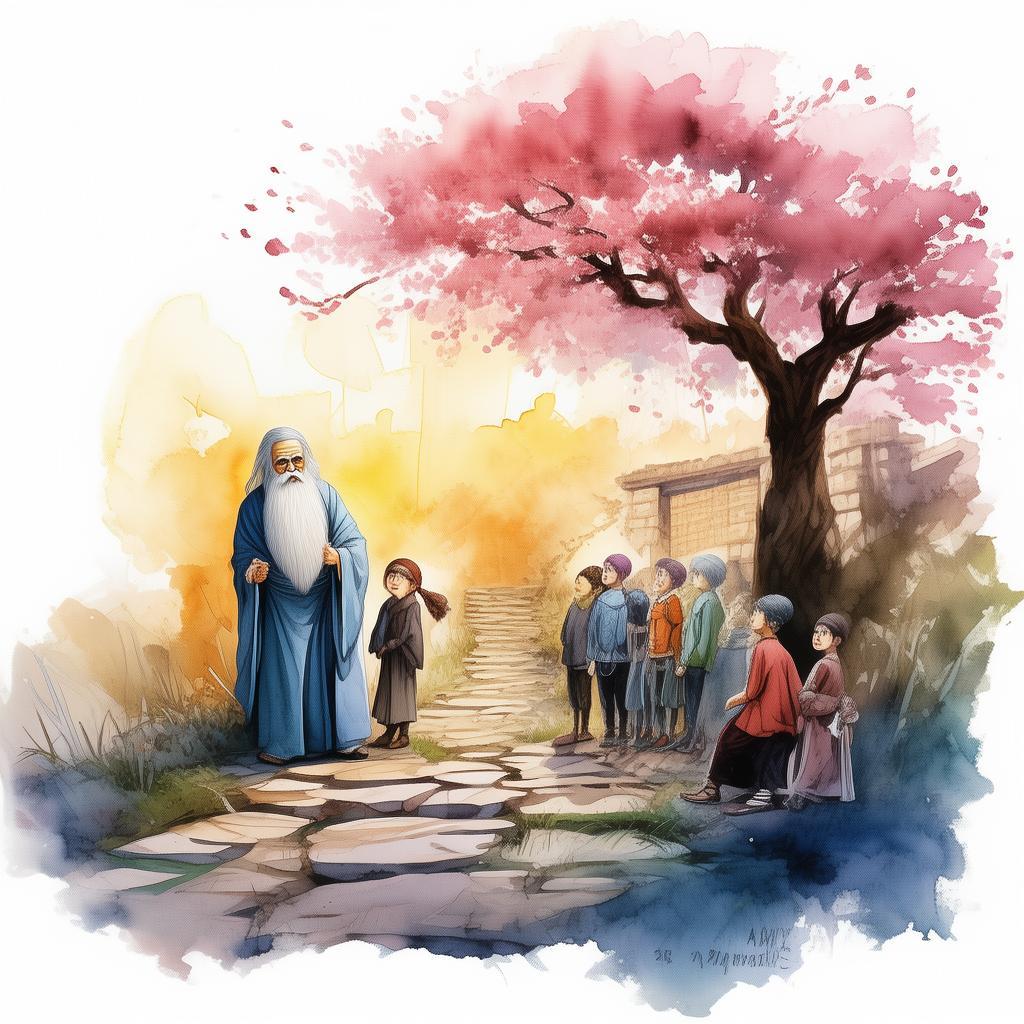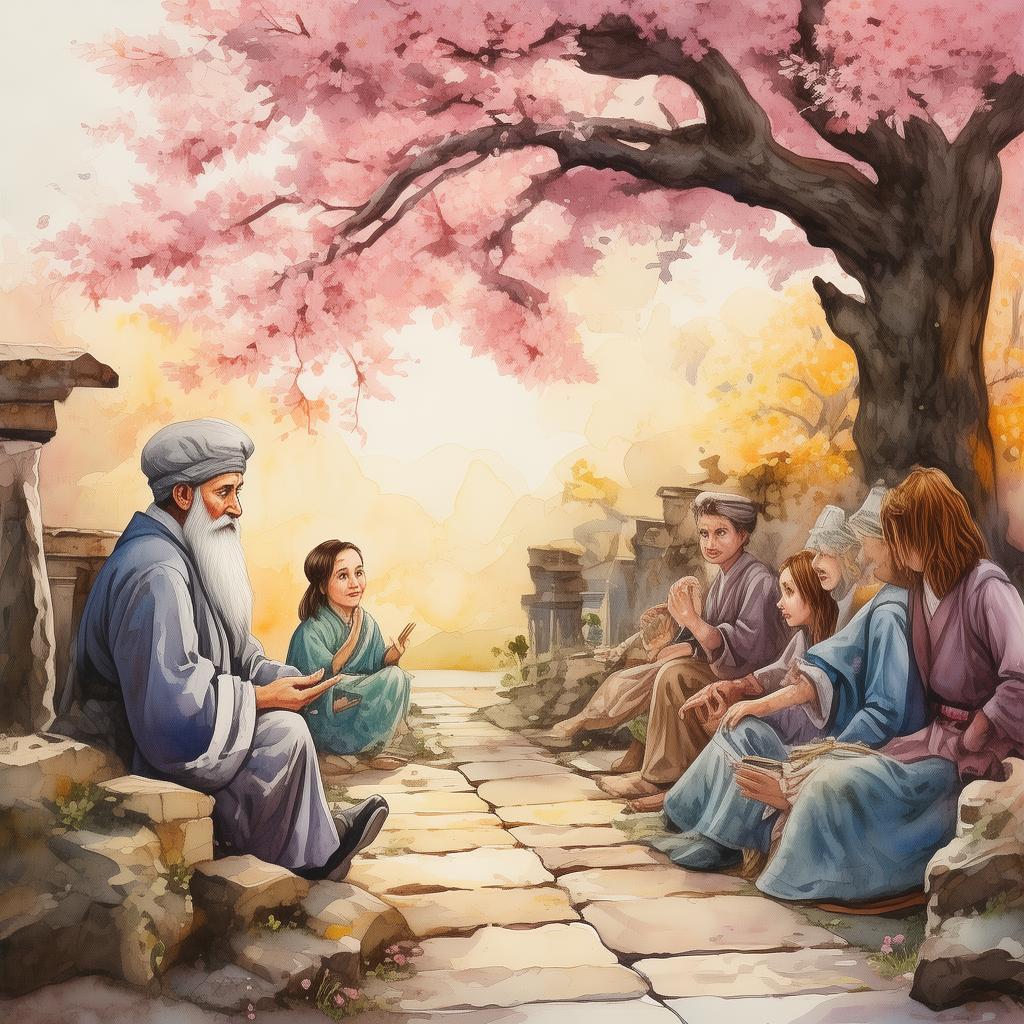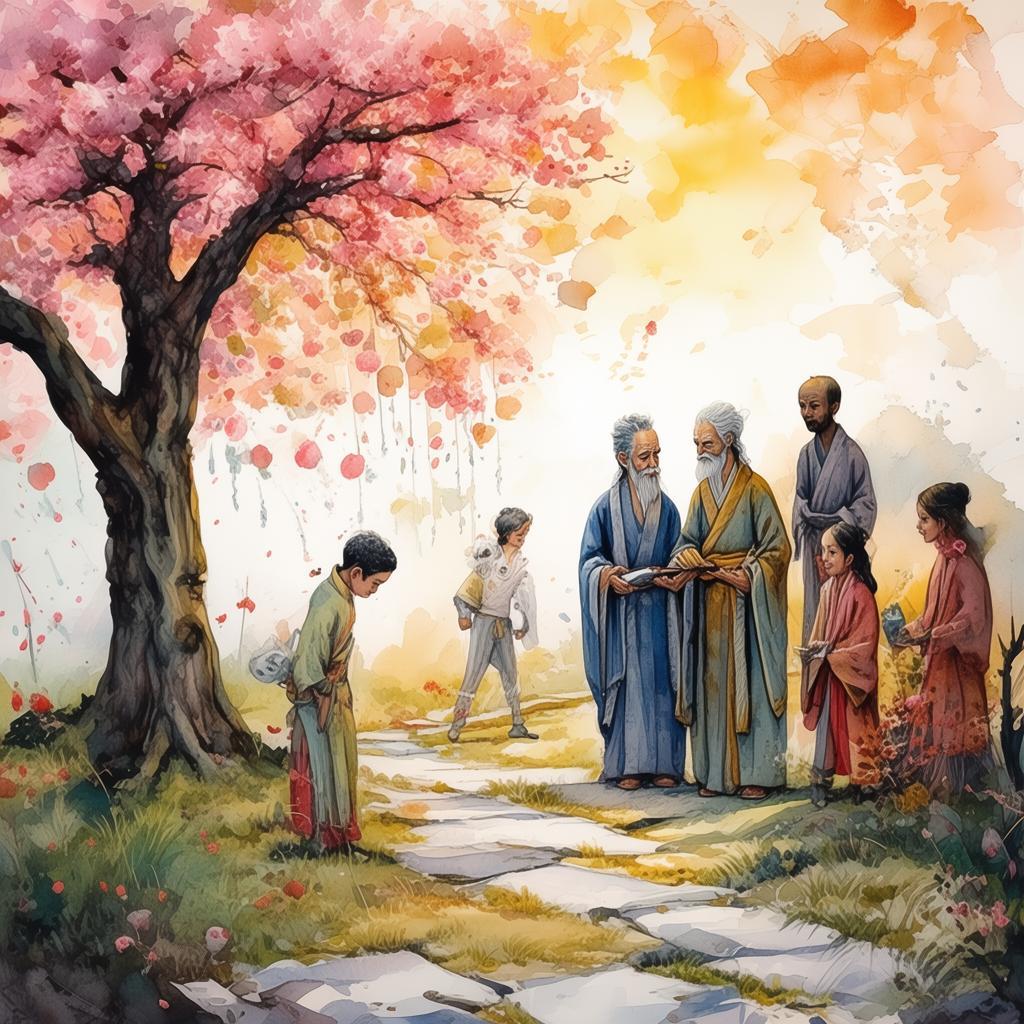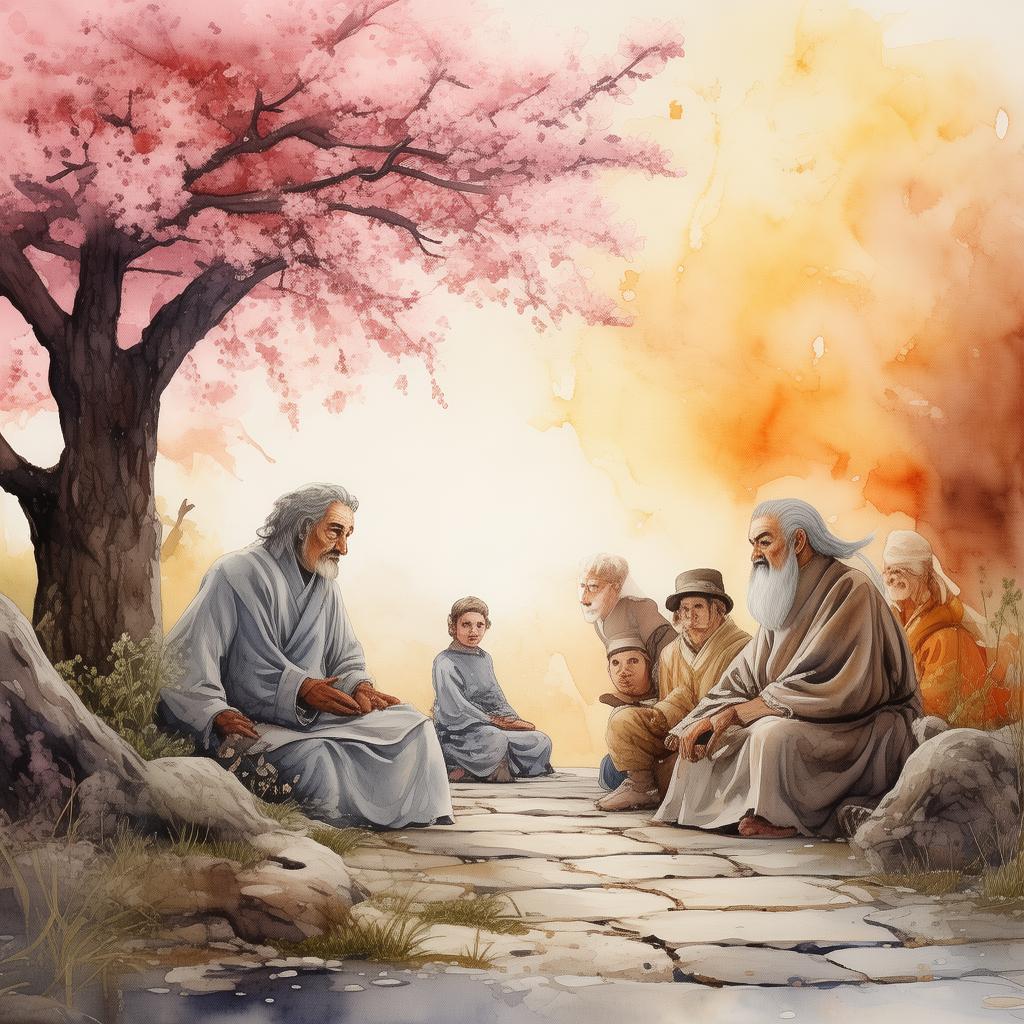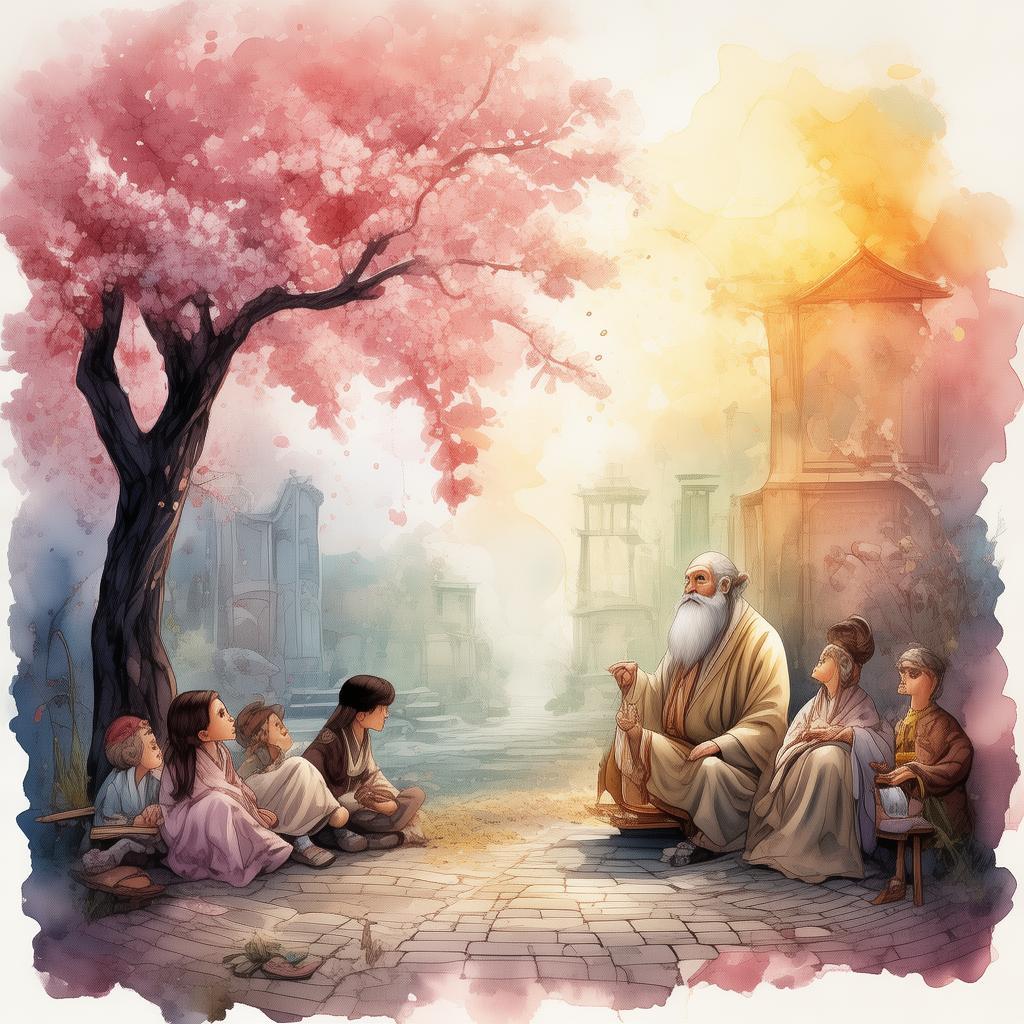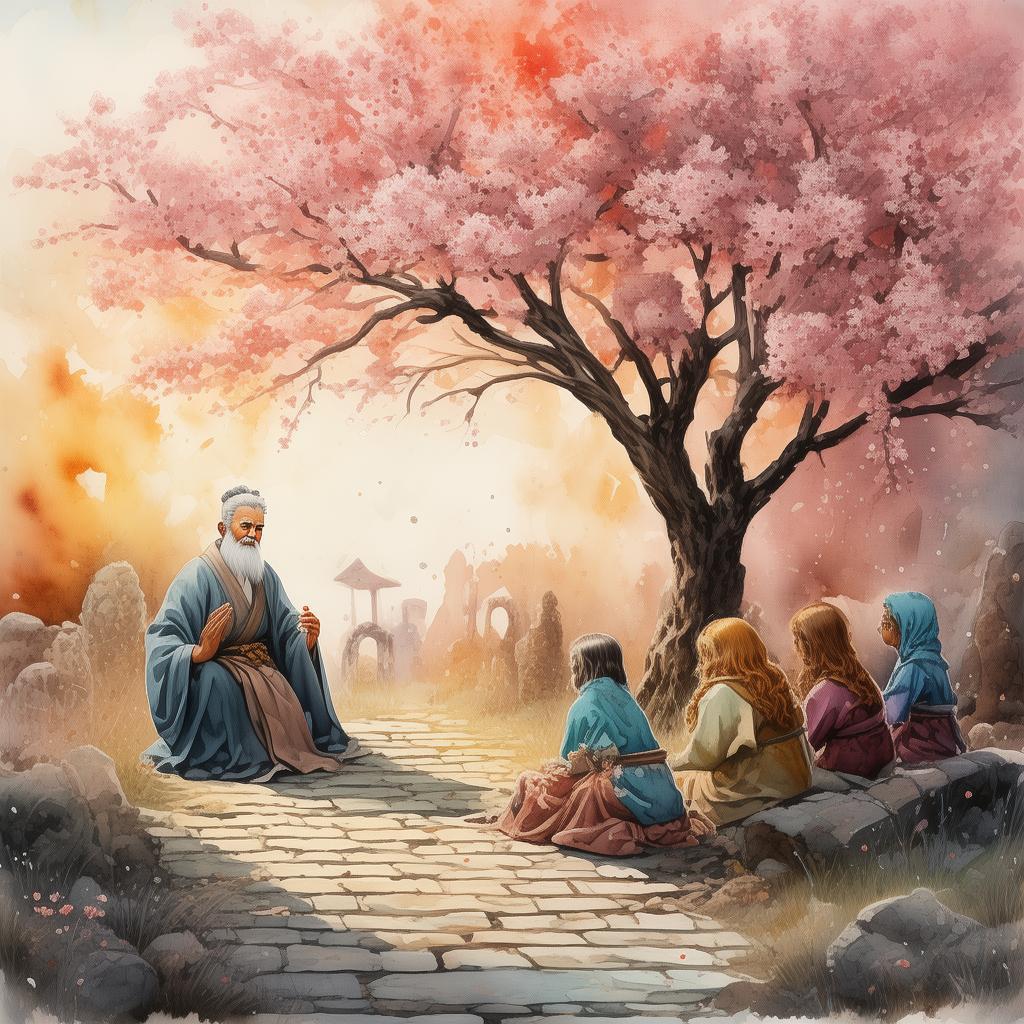Whispers of the Symphony: A Lyrical Battle for Soul and Symphony
In the heart of a city where the streets hummed with the melodies of life, there lived a young composer named Aria. His soul was a tapestry woven from the threads of music, and his symphonies were the very heartbeat of the world. Aria's music had the power to heal the broken, inspire the faint-hearted, and ignite the passions of the indifferent. His latest work, "The Shadow's Symphony," was a testament to his belief that music was the language of the soul, a universal language that transcended the spoken word.
The symphony was a grand tapestry of sounds, each note a thread that wove the fabric of existence. It was said that the music could be felt in the very air, a force that moved the hearts of men and creatures alike. Aria's dream was to perform this symphony in the grandest hall, where the echoes of the music would reverberate through the ages.
But as the day of the symphony's premiere approached, a shadow fell over the city. It was not a literal shadow, but a metaphorical one, a darkness that seemed to seep into the very fabric of reality. The city's harmony was disrupted, and the music that once filled the streets was replaced with a eerie silence.
Aria felt the change immediately. The symphony that had been flowing so effortlessly through his mind now felt like a river blocked by a great stone. Desperate to understand the source of the silence, he sought the wisdom of the elders, the guardians of the city's ancient knowledge.
The elders spoke of a force that sought to silence the music, a force that was born from the very essence of darkness. They warned Aria that this force was ancient and powerful, and that it would stop at nothing to achieve its goal. The elders' eyes held a knowing that Aria could not fathom, and he left their presence feeling more lost than ever.
Back in his studio, Aria poured over his sheet music, searching for the missing piece. He realized that the symphony was more than just a collection of notes; it was a score for the soul, a score that could only be played by one who understood the true essence of life and the universe.
Determined to save his symphony and the world's harmony, Aria embarked on a journey to discover the true nature of the shadow. He traveled through the land, seeking the wisdom of the great musicians who had gone before him. Each one shared a piece of the puzzle, a fragment of knowledge that brought him closer to understanding the symphony's true purpose.
As he journeyed, Aria encountered the shadow in various forms. It was a whisper in the wind, a shadow on the wall, and a void in the heart of a child. Each encounter tested his resolve and his understanding of the symphony. He learned that the shadow was not just a force of darkness, but a manifestation of fear and doubt that had taken root in the hearts of men.
The climax of his journey came when Aria stood before the source of the shadow, a vast, empty space that seemed to consume all light. In this void, he found the true essence of the symphony, a melody that was both light and dark, hope and despair. It was a melody that spoke of the human condition, of the duality of life, and the eternal battle between good and evil.
With this newfound knowledge, Aria returned to his studio, ready to face the shadow. He began to compose, his fingers flying over the keys as if guided by an unseen hand. The music that emerged was unlike anything he had ever written, a symphony that was both haunting and beautiful, a score that could only be played by the soul.
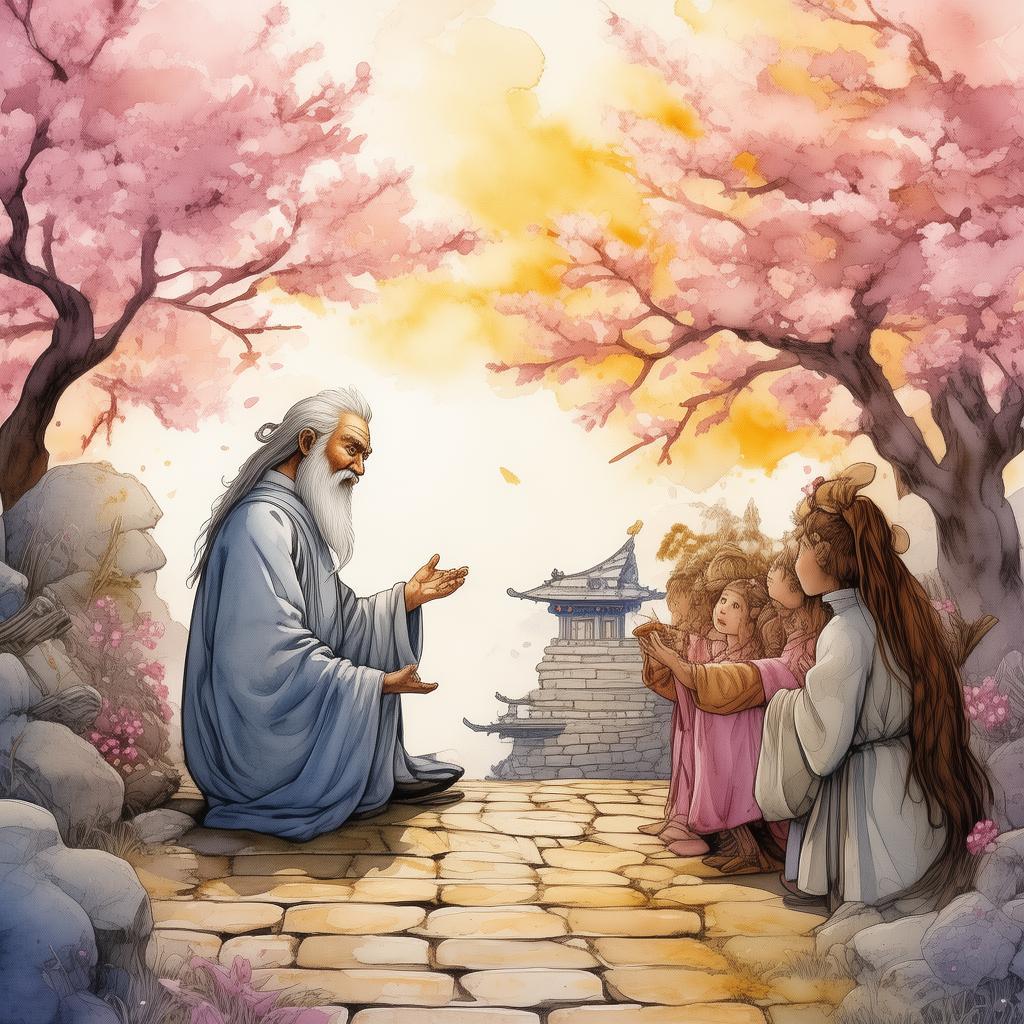
As the first notes of the symphony filled the air, the shadow recoiled. The music was a force that could not be contained, a force that spoke to the very essence of existence. The city's harmony was restored, and the music once again filled the streets.
The symphony was a triumph, not just for Aria, but for all of humanity. It was a reminder that music was more than just entertainment; it was a force for good, a force that could overcome even the darkest of shadows.
In the end, Aria realized that the true power of the symphony was not in the notes themselves, but in the soul of the composer. It was a score for the soul, a score that could only be played by one who was willing to face the darkness within and without.
And so, Aria's symphony became a legend, a story that would be told for generations to come, a tale of music, soul, and the unyielding battle for harmony.
✨ Original Statement ✨
All articles published on this website (including but not limited to text, images, videos, and other content) are original or authorized for reposting and are protected by relevant laws. Without the explicit written permission of this website, no individual or organization may copy, modify, repost, or use the content for commercial purposes.
If you need to quote or cooperate, please contact this site for authorization. We reserve the right to pursue legal responsibility for any unauthorized use.
Hereby declared.
